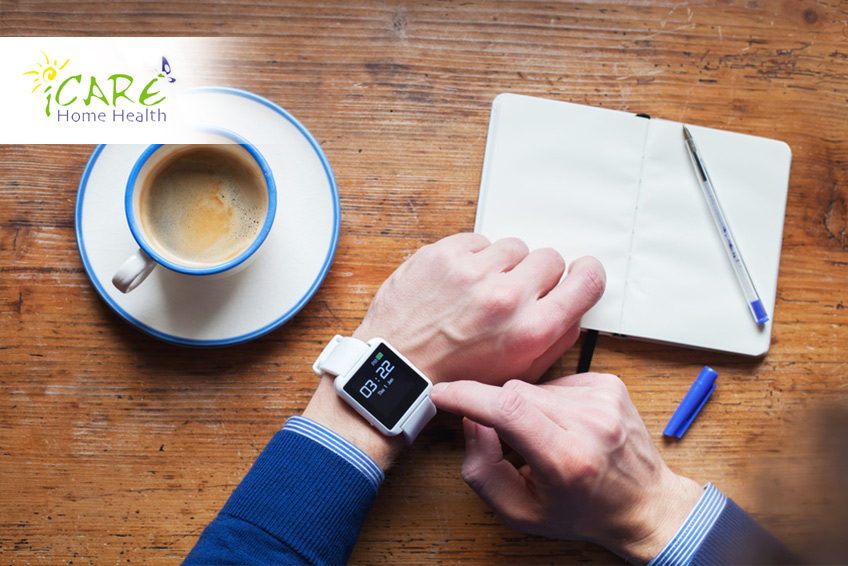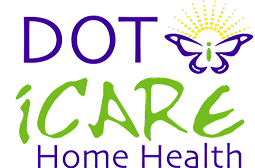Listen To Your Body!

Remember when a watch was just a watch? It would tell the time, maybe the date, and if you had a really fancy one, you might have even been able to play a simple video game. Well, watches have come very, very far. In fact, a spin-off of the watch, often called ‘wearable technology’, can tell you how many steps you’ve walked, your mileage, heart rate, water intake, and even track your sleep. Oh…it also functions as a watch. The advantages of wearable technology have drawn tens of thousands of people to start tracking their symptoms through their wrist. The popularity and continued growth of this technology will continue. The clear winners are those who want to keep closer tabs on their health. But, not everyone has embraced wearable technology. It still is not cheap and can be cost prohibitive for some people. As well, catching up to newer technology can be onerous and annoying to older adults. Finally, some people are not interested in having something constantly attached to and monitoring them. Whether you have embraced wearable technology or not, everyone should get into the habit of tracking their symptoms. This is especially true for older adults as a number of diseases and specific health conditions manifest with the onset of old age. But, we don’t need a Fitbit or a special app to keep track of your symptoms; just a pencil, paper, and an attentive eye. Here are few ways you can track you or your loved one’s symptoms:
Pay Attention
Pay attention and listen to what your body is telling you! Our bodies have been designed to communicate with our brain when something is wrong. This is the function of pain. Don’t ignore it. If something hurts or does not feel right, listen to it. As well, think about your breathing, sleeping, and appetite. Remember to watch your cholesterol and blood sugar levels as well. Your body will tell you when it has something to say, but it is up to your mind to pay attention.
Write Down and Keep Track
Write down any ache, pain, or sleep disruption you experience and keep an accurate record of it in a notebook or chart. This will help you remember if you have experienced it before including when and how often. Something that happens once or twice is usually not a sign of a larger issue; but, if it is a regular occurrence, then it might be time to look into it.
Investigate
Listening isn’t enough; you have to investigate your symptoms. If you have pain in your neck, and don’t bother to look into it, there is little point in paying attention to begin with. It might not be necessary to run to the doctor for every little ache and pain, but it is a good idea to keep an eye on it and follow up with a medical professional if needed. With the internet, it is possible to do some of your own detective work.
Research
You don’t have to wait for the doctor; start some preliminary research on your own. If you don’t have any medical books, the internet can help you explore some of your symptoms and the possible causes. Don’t just use one source; find several websites that you trust.
Self-Examination
Once a month, do a quick self-examination and check for lumps or irregularities in your body. It doesn’t take long and could potentially be important to your health. You can’t visit the doctor every month, but you can examine yourself. The sooner that tumour and cancer is detected, the more likely it is that treatment will be successful.
Don’t Fall Into The Rabbit Hole
Tracking your own symptoms is very beneficial, but there can be a downside if you aren’t careful and keep a steady head. No matter what your symptoms are, do not self-diagnose. You are not a doctor and may misread symptoms. Treating yourself for a condition that you think you may have can be dangerous. Also, try to avoid becoming a hypochondriac. Looking up symptoms online can lead people to believe that they are suffering from a myriad of other conditions. Don’t get paranoid.
Another way to keep track of the symptoms of your loved one is by using a home health care worker. It is isn’t possible or practical to see the doctor on a weekly basis, but a home health care worker will come to your home and monitor the symptoms of you or your loved one. iCare Home Health is one of the top-notch health care agencies in Mississauga and Toronto. We will provide a qualified health care worker including Nurse at Home to provide the best health care or senior care possible. Contact us today and find out how we can help you take care of your loved one.

